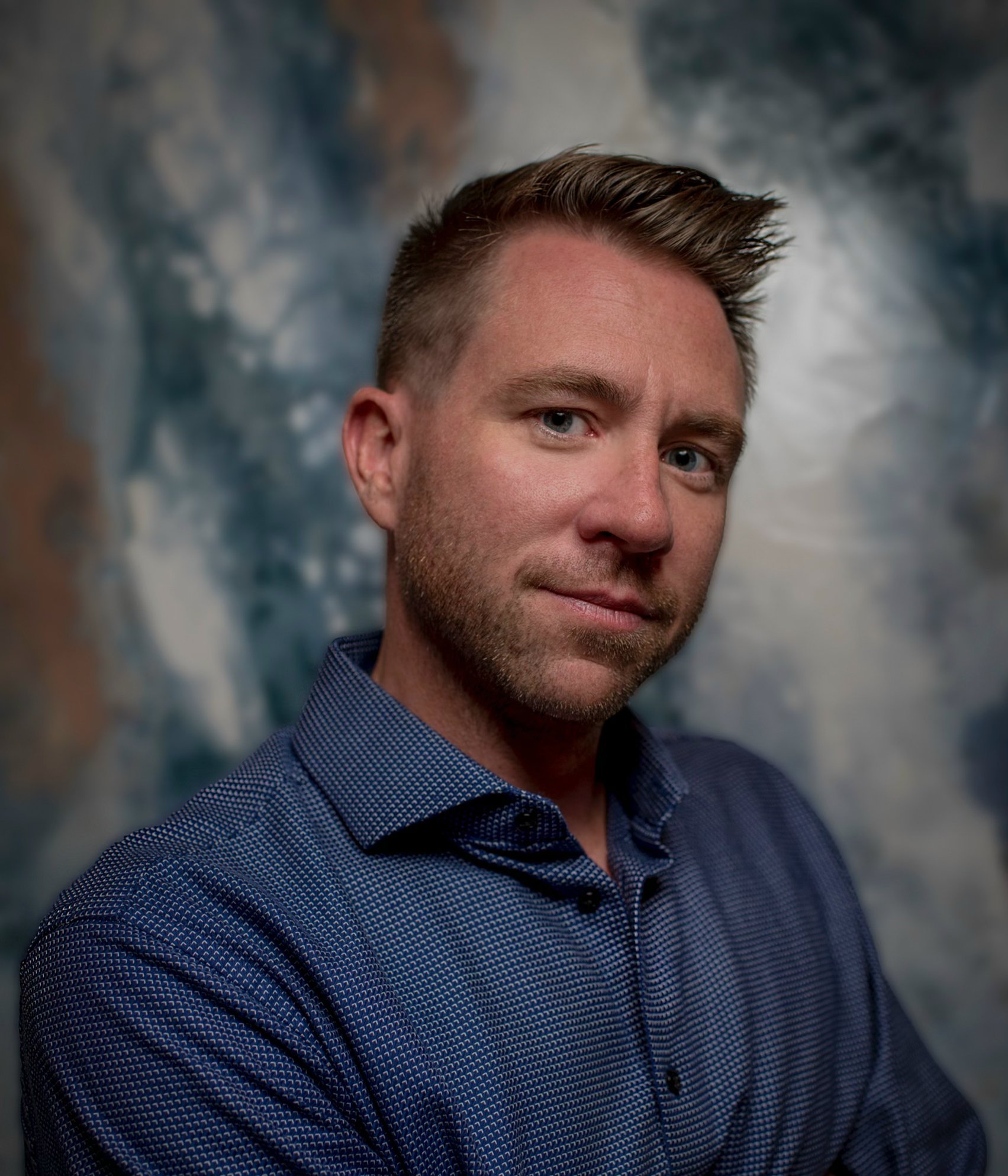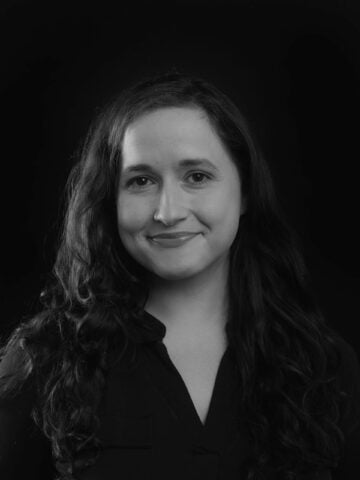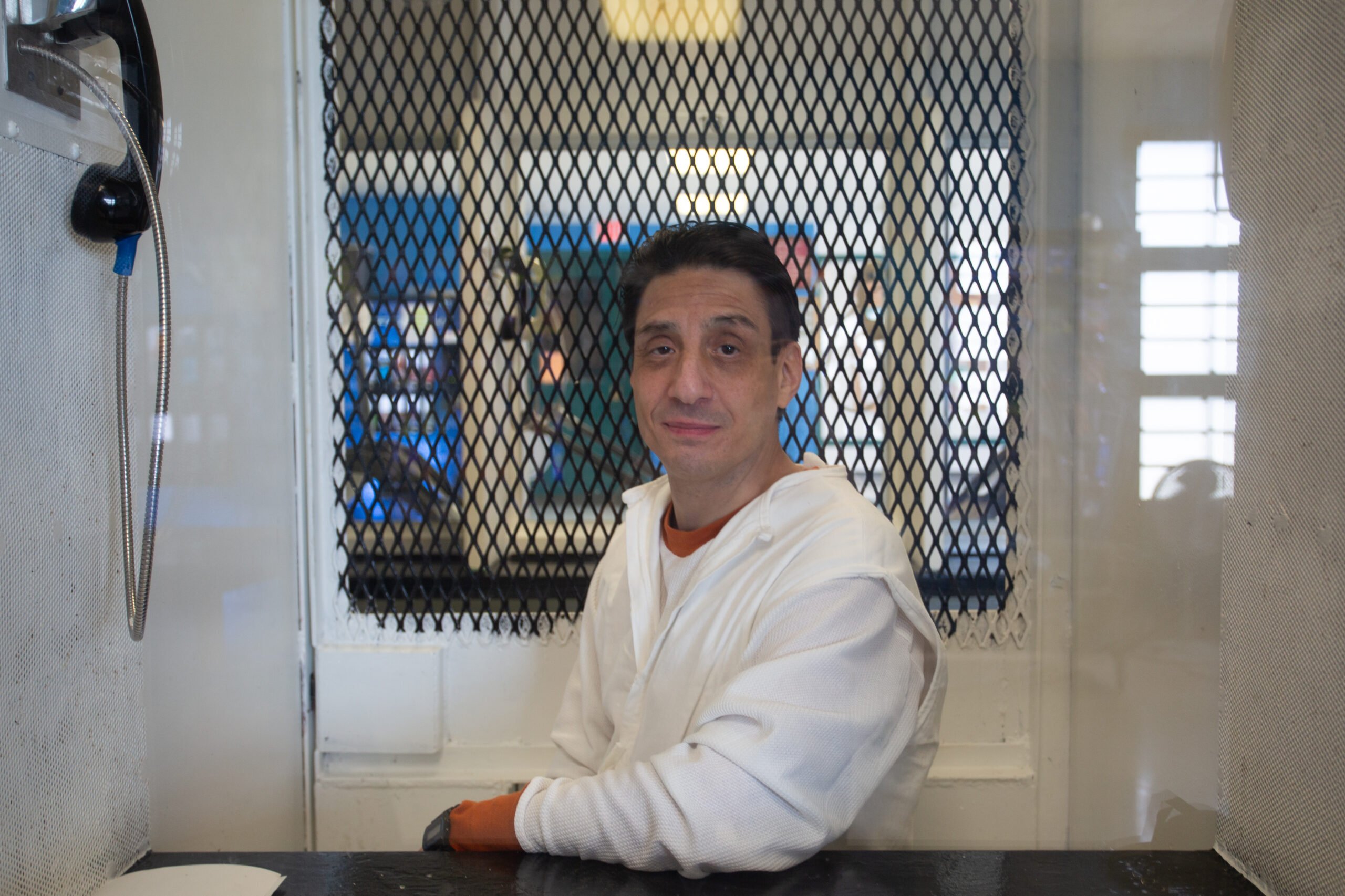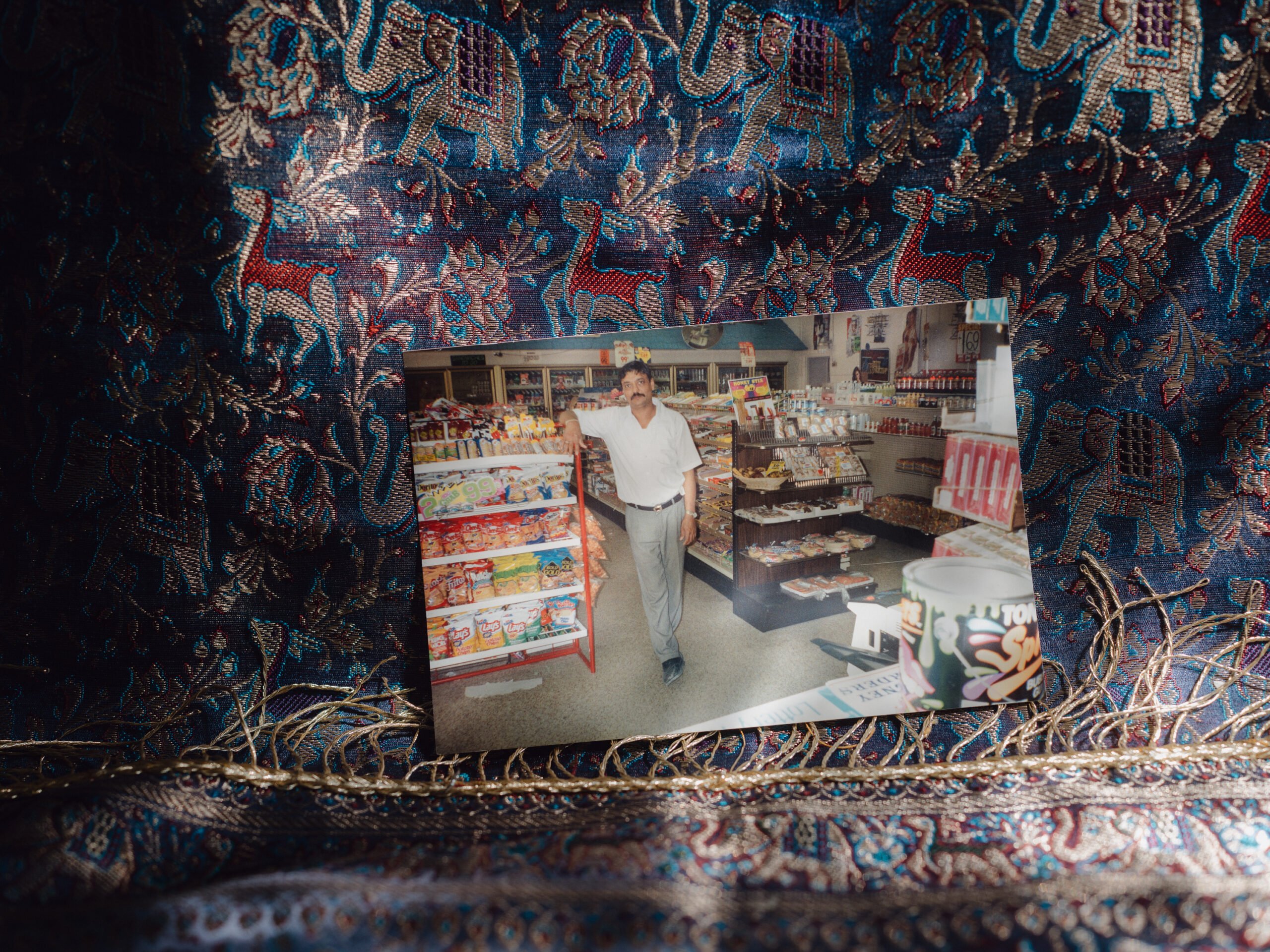
Podcasting’s New Poirot: Broadcasting the Case of the Late Ivan Cantu
A private eye spent four years investigating a death row innocence claim and sharing his findings with tens of thousands.

A version of this story ran in the March / April 2024 issue.
Update: On February 28, Ivan Cantu was executed by lethal injection in Huntsville. Ahead of his execution, the Cousins by Blood podcast investigation helped draw in support for Cantu from high profile figures like Kim Kardashian and Martin Sheen. The original foreperson of the jury came forward to say he felt “fooled” by the trial.
In November 2019, Matt Duff sat in a rental car in front of an affordable housing complex in Minnesota. He had flown there to find a woman named Amy Boettcher. He had already driven around the state, scouting out all of her previously known addresses. He looked up jail records to see if she was incarcerated and called various phone numbers countless times, all to no avail.
Boettcher didn’t want to be found.
At the time, Duff was a newly minted private investigator hard at work on a Texas death penalty case. He’d convinced former Dallas Police Officer Susan Eichenberg to come along to help find Boettcher. He needed the interview to shed light on a case: a nearly 20-year-old double homicide in Dallas for which Boettcher had been the prosecution’s star witness.
It was a cold winter night in Minnesota, and Duff and Eichenberg watched a slim, blonde woman enter the unit he thought Boettcher once occupied. Through lit windows, they saw the woman putting up Christmas decorations. No one else was home. Duff and Eichenberg approached the door, hoping they had finally tracked down their target. The woman who answered the door delivered a blow: Boettcher no longer lived there. She had been evicted. But the new tenant knew how to find her.
Duff’s shoe-leather investigation, which began in 2019, was intended to find out whether Ivan Cantu, executed in February after being convicted of fatally shooting his cousin James Mosqueda and his cousin’s fiancée Amy Kitchen in November 2000, had been unjustly sentenced to death by the State of Texas. The case rested largely on Boettcher’s testimony.

Many P.I.s who work on death row cases insist on secrecy. But Duff’s investigation was far from covert—he broadcast the entire process on his popular podcast, Cousins by Blood.
In more than 50 episodes, he shared in-depth conversations with witnesses and new analyses of the forensic evidence. He found evidence that he says shows Cantu didn’t do any of what the state accused him of and that “there is a strong possibility [he] was set up.”
Duff, 44, now lives in North Carolina with his wife and their son, who was born while Duff was working on the podcast. He regularly traveled to Texas while investigating Cantu’s case; his first trip to the state for the case was to interview Cantu in person for the first time. While Duff’s wife works, he stays home, working on investigations and podcasts during his child’s naptime. He records his narration in his closet, trying his best to temper his Virginia accent while he goes over case updates.
For the bulk of Duff’s career, he worked as a TV producer. He started out filming in the back of police cars for a reality show called Speeders in the late 2000s and eventually worked as the development producer for California-based Critical Content. In that role, he helped develop a show on the Atlanta child murders case, a spate of killings in Georgia from 1979-81, which eventually aired on HBO.
Duff came across Cantu’s case almost a decade ago while developing a TV series about capital cases with lingering questions. He had a producer’s eye for a compelling story. Right away, he clocked the cinematic elements of the tragedy: The victims and the alleged perpetrator were young and good-looking. They were enmeshed in the Dallas party scene, and court documents showed that Mosqueda, the male victim, was a well-known drug dealer. But most of all, there were aspects of the state’s case that didn’t add up. Although the TV series didn’t get made, he never stopped thinking about the case.
After years of working in true-crime television, Duff began to feel held back and increasingly troubled by news stories about exonerations.
“Looking back on it, it’s hard for most people in general, and certainly most TV network executives, to wrap their head around the fact that there may be reasonable doubt,” Duff told the Texas Observer.
He realized that as a journalist, he could do little to affect change in the case if it turned out that Cantu was innocent. He decided to get his private investigator’s license, which gave him new training and tools. It also set his podcast apart from the sea of other true-crime shows.
“It became more and more obvious as the years went along that I wasn’t going to be able to tell the type of stories that I wanted to tell … to potentially change the case, to potentially make a legal change,” Duff said. He later added, “As a journalist and storyteller, you can’t move the story along. But I’m like, well, what do I have to lose?”
That career change was a massive leap of faith, professionally and financially. Duff wasn’t hired by the family or Cantu’s lawyer—although both have spoken on his podcast and welcomed his findings. Duff funded the investigation and the podcast himself, and Spotify ran an ad on his show that helped cover costs.
And he always knew that while Cantu’s innocence seemed possible, so did his potential guilt. “My goal is just to find the truth, wherever it leads. And it might lead right back to Ivan,” he said.
“Most people understand that mistakes can be made … but people are wrongfully convicted all the time.”
Duff was able to investigate the case in ways Cantu’s trial and original appeals lawyers failed to. While Cantu’s original lawyers called no expert witnesses to the stand, Duff found forensic pathologists, ballistics, and fingerprint experts who provided affidavits with their opinions on the evidence. Duff provided new evidence—including these expert opinions—that Cantu’s appeals lawyer, Gena Bunn, cited in many appeals in her ultimately unsuccessful attempts to halt Cantu’s execution.
Bunn told the Observer the existence of a podcast and the involvement of an independent private investigator lent resources to the case she otherwise wouldn’t have had. She said the relationship is “a new kind of thing to navigate from a lawyer’s perspective, but there is no denying the information that he has uncovered and been willing to share with the defense team.”
Shortly after speaking with the new tenant of Boettcher’s former apartment, Duff tracked down the star witness. In episode 15 of the podcast, he aired their conversation.
During their conversation, Duff shares what he knows, and what doesn’t add up for him, and asks tough questions of the skittish woman. Although she doesn’t give up much new information, they talk for hours. It’s this—Duff’s persistence in finding people related to the case and getting them to speak with him, a stranger, about a traumatic time in their lives—that makes the podcast so compelling. His dispatches only became more disturbing as Duff found new witnesses and unearthed evidence that made it appear that the prosecution’s star witness may have lied.
Cantu did not receive a hearing on any of that evidence ahead of his February execution date.
But Duff’s brand of investigative podcasting struck a nerve with Texas listeners and provided a major public platform for one man’s innocence claim. He believes people are ready to hear more stories like this. “Most people understand that mistakes can be made either purposefully or not purposefully, but people are wrongfully convicted all the time,” he said.



